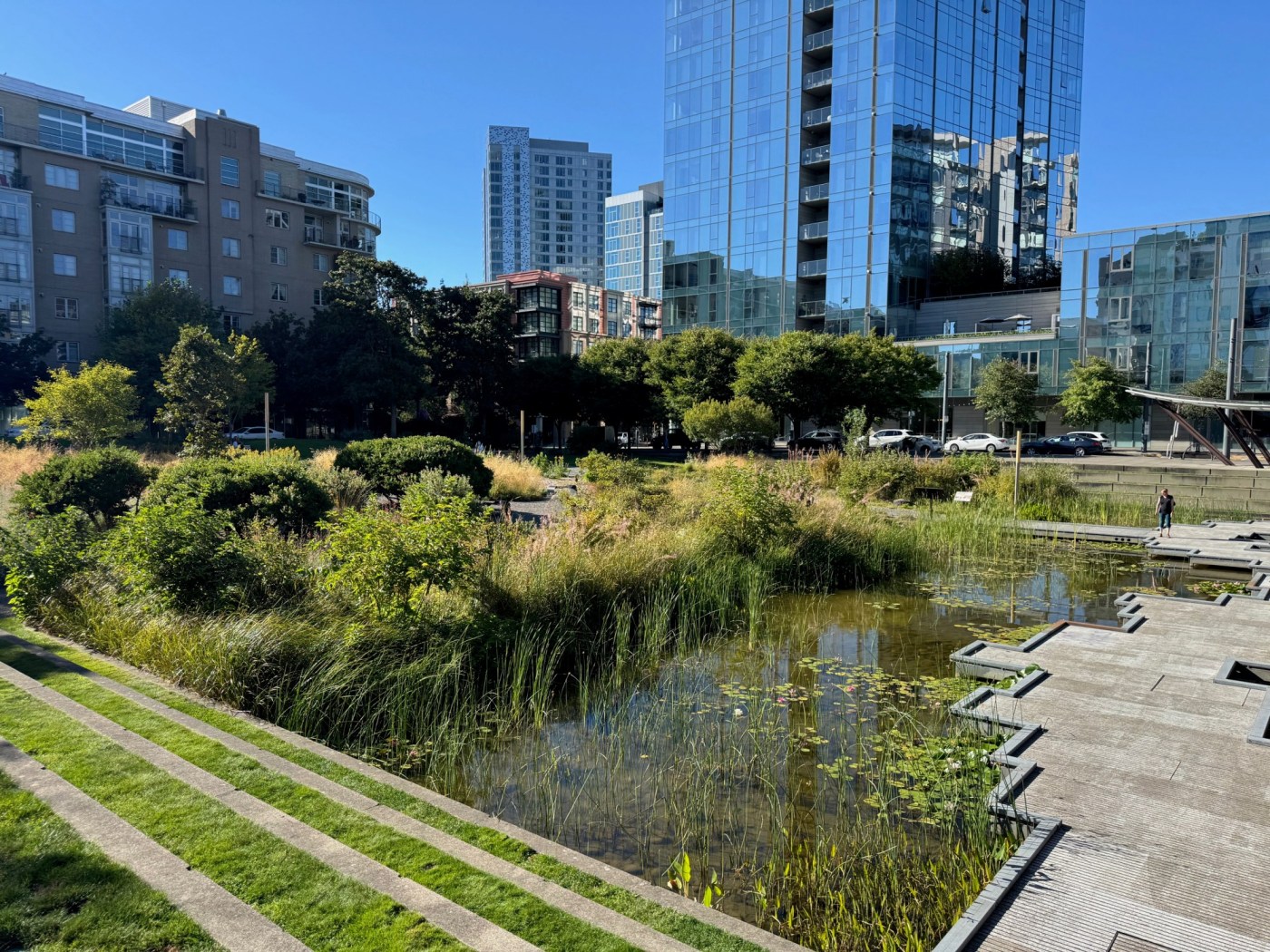Politics
Portland Vacation Sparks Heated Debate on Urban Ideologies

A recent vacation to Portland and Seattle has ignited a polarizing discussion on social media, highlighting the influence of political views on personal experiences. The trip, which was recounted in a column published on August 29, 2025, coincided with comments from Donald Trump Jr., who suggested sending military forces to “craphole cities” including Portland and Seattle. This sparked a wave of reactions from readers, showcasing the deep divides in public perception of urban areas.
Opinions varied widely, with some readers expressing admiration for the cities’ cultural offerings, while others voiced strong criticisms. One commenter acknowledged the cities’ appeal but stated, “The ideology sucks.” Another remarked negatively about the urban environment, suggesting that it was riddled with homelessness and crime. In contrast, a retired police officer shared a link to a YouTube video titled “Portland’s 25-Year Collapse,” reflecting a narrative of decline that resonates with certain critics.
Despite these negative perceptions, many vacationers and former residents offered a different perspective. Tammy Woodman, a former Oregon resident, remarked on her enjoyment of local attractions like Powell’s bookstore and the Lan Su Chinese Garden. She highlighted the charm of Portland’s independent businesses over chain establishments, which are prevalent in many Californian cities.
Portland’s homicide rate in the first half of 2025 was reported at 17, while Seattle’s stood at 18, according to the Major Cities Chiefs Association. These figures are notable when compared to cities such as Tulsa with 28 homicides, Nashville with 34, and St. Louis with 67. This data suggests that while crime is a concern, Portland’s rates may not be as alarming as some narratives suggest.
Comments from readers further illustrate the mixed reactions to urban life in these cities. Robert Gregory expressed enthusiasm about Portland’s public transit options and accessibility, stating, “I didn’t know how easily we could board Amtrak and reach Seattle.” His excitement reflects a growing interest in exploring alternative transportation methods rather than relying on cars.
In the midst of these discussions, Angie Gillingham shared her plans to visit Portland and Seattle, emphasizing her appreciation for local dining options and the convenience of public transport. Her sentiments were echoed by other readers who found inspiration in the original travel article, which challenged prevailing negative narratives about the cities.
The conversation around Portland and Seattle serves as a mirror reflecting broader societal divides. While some individuals are eager to celebrate the unique attributes of these urban centers, others remain fixated on perceived flaws, often influenced by political leanings.
As debates continue online, it is clear that personal experiences and political ideologies will remain intertwined in public discourse, shaping how people perceive and engage with cities like Portland and Seattle. Whether one views these urban areas as vibrant cultural hubs or as troubled environments, the discussions surrounding them reflect the complexities of contemporary American society.
-

 Lifestyle3 months ago
Lifestyle3 months agoLibraries Challenge Rising E-Book Costs Amid Growing Demand
-

 Sports3 months ago
Sports3 months agoTyreek Hill Responds to Tua Tagovailoa’s Comments on Team Dynamics
-

 Sports3 months ago
Sports3 months agoLiverpool Secures Agreement to Sign Young Striker Will Wright
-

 Lifestyle3 months ago
Lifestyle3 months agoSave Your Split Tomatoes: Expert Tips for Gardeners
-

 Lifestyle3 months ago
Lifestyle3 months agoPrincess Beatrice’s Daughter Athena Joins Siblings at London Parade
-

 World3 months ago
World3 months agoWinter Storms Lash New South Wales with Snow, Flood Risks
-

 Science3 months ago
Science3 months agoTrump Administration Moves to Repeal Key Climate Regulation
-

 Science2 months ago
Science2 months agoSan Francisco Hosts Unique Contest to Identify “Performative Males”
-

 Business3 months ago
Business3 months agoSoFi Technologies Shares Slip 2% Following Insider Stock Sale
-

 Science3 months ago
Science3 months agoNew Tool Reveals Link Between Horse Coat Condition and Parasites
-

 Sports3 months ago
Sports3 months agoElon Musk Sculpture Travels From Utah to Yosemite National Park
-

 Science3 months ago
Science3 months agoNew Study Confirms Humans Transported Stonehenge Bluestones









